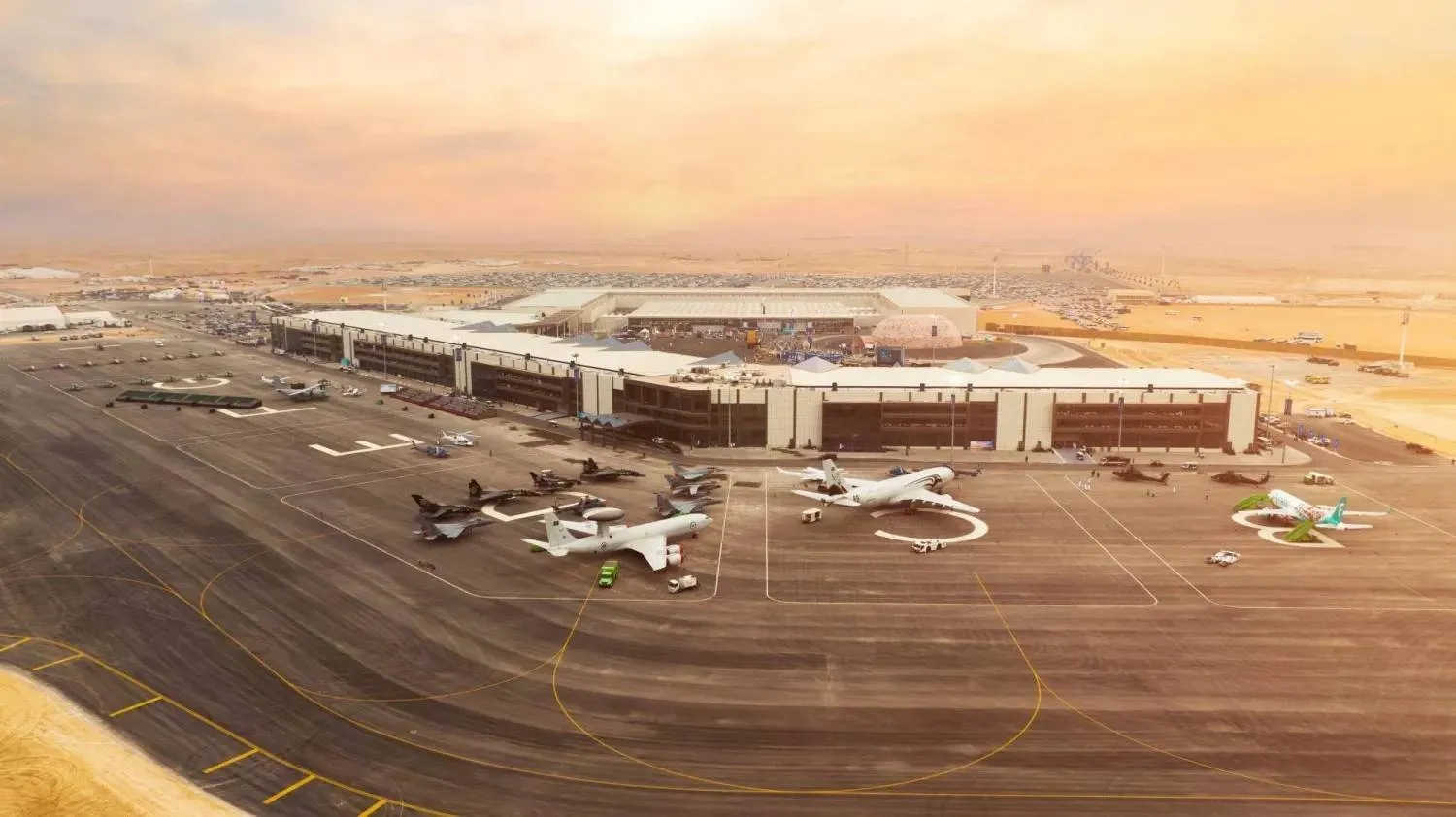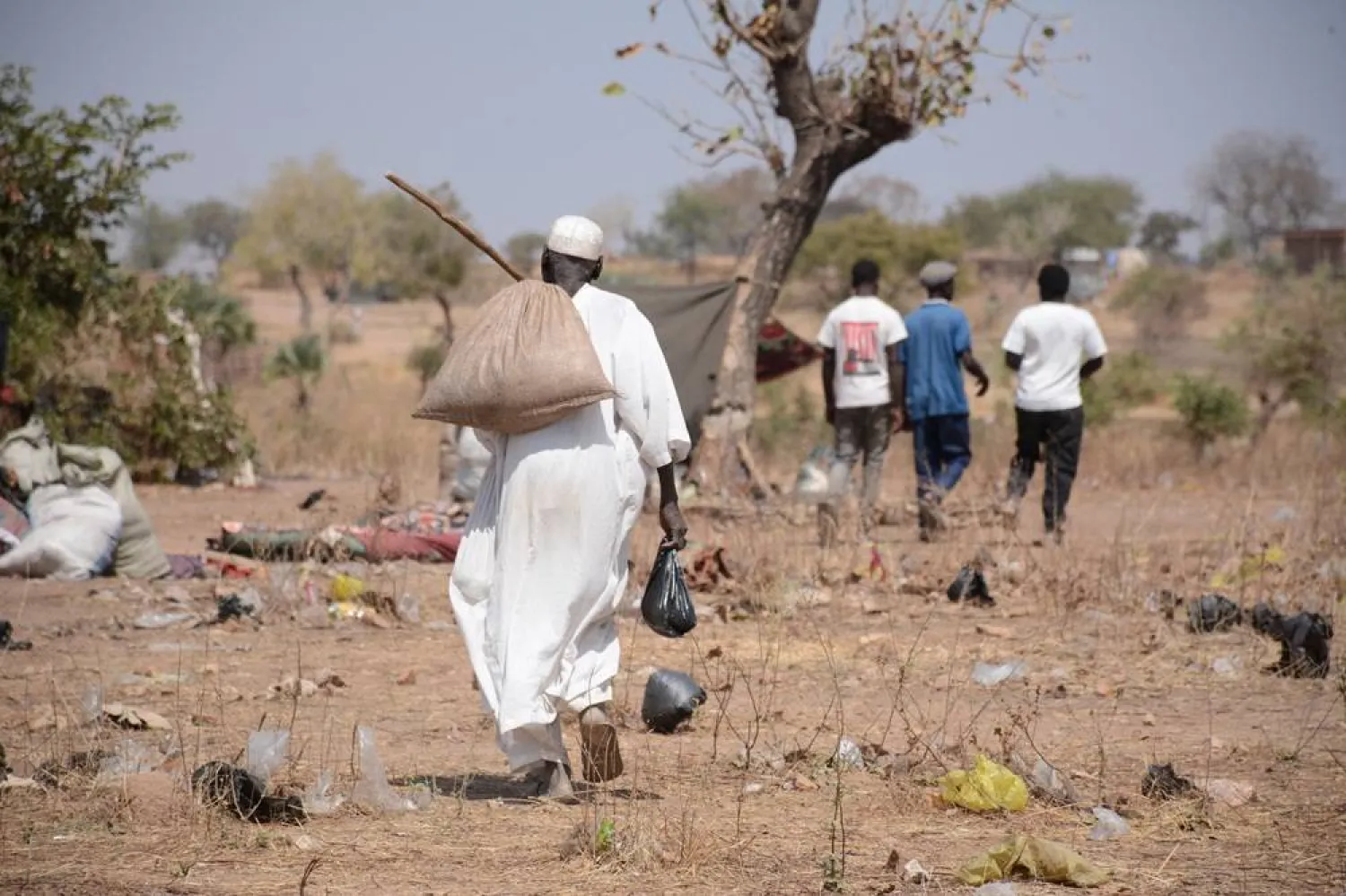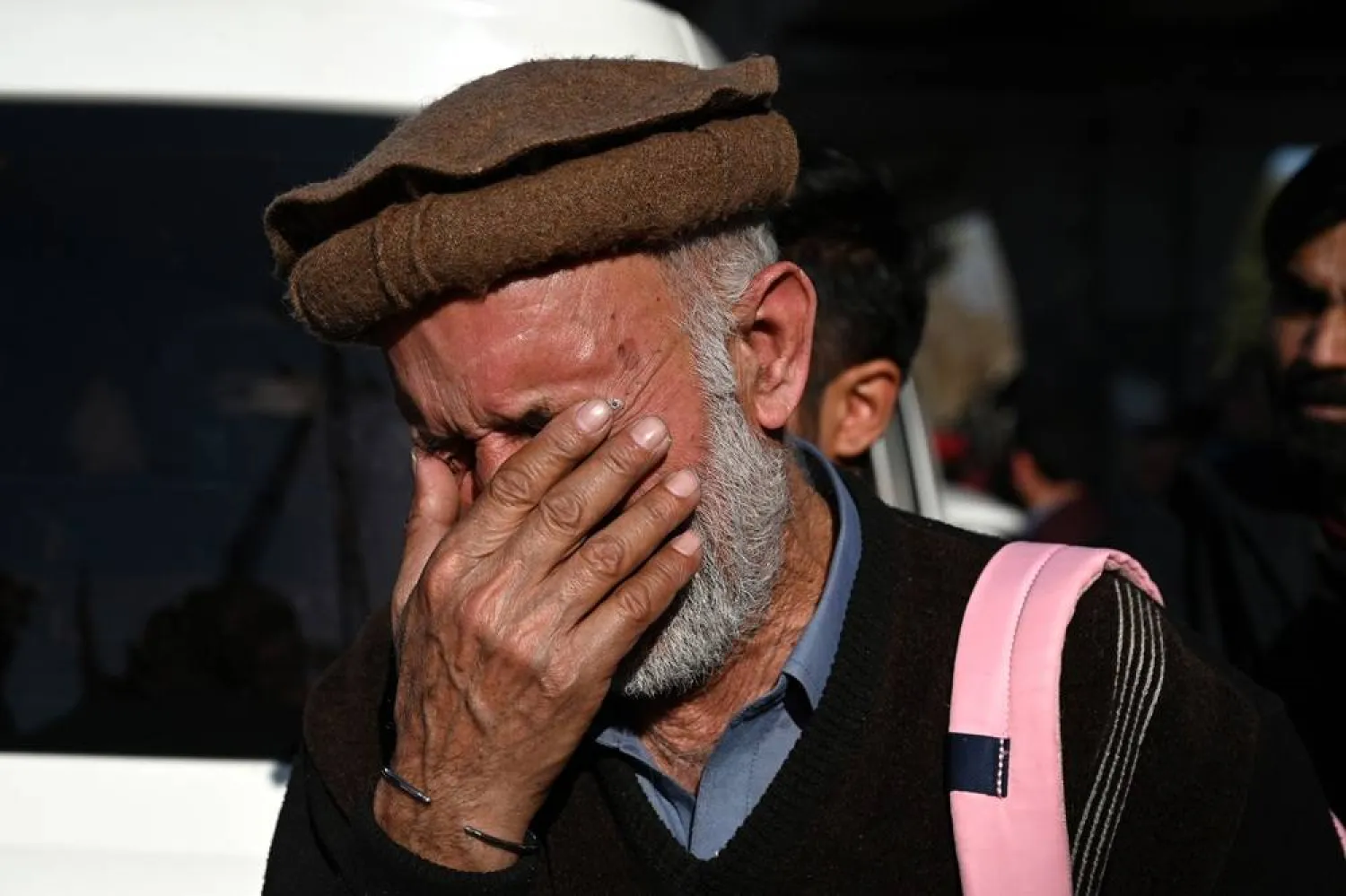The foreign ministers of the Gulf Cooperation Council countries will meet in Riyadh on Monday for their 161st Ministerial Council. They will also hold joint separate meetings with their counterparts from Russia, India and Brazil.
GCC Secretary-General Dr. Jassim Mohammed Al Budawi said in August that the Ministerial Council will tackle several issues related to joint Gulf work, and regional and international developments.
The members of the council will hold a number of joint ministerial meetings with several countries to discuss cooperation and coordination and exchange views on regional and international developments.
The ministers will meet with Russian Foreign Minister Sergei Lavrov at the seventh GCC-Russia strategic dialogue. The two parties had previously underscored the importance of the dialogue between them to achieve common interests and deepen relations.
They had approved the Gulf-Russian 2023-2028 joint plan that is aimed at strengthening ties and exchanging expertise in several areas.
The parties last met in Moscow in July. They agreed to intensify efforts to achieve peace, security, stability and prosperity around the world.
They agreed to respect the sovereignty, territorial integrity and political independence of nations and to refrain from meddling in their internal affairs. They stressed the need to confront challenges and crises through peaceful means, prioritize dialogue and resolve conflicts through negotiations.
The meeting welcomed GCC efforts to pave the way for a political solution to the crisis in Ukraine.
The GCC ministers will also meet with their Indian counterpart Subrahmanyam Jaishankar, the first ever between the two sides.
They will also hold joint talks with Brazil’s Foreign Minister Mauro Vieira, who was invited to Riyadh by Al Budawi during a visit to Brazil in June.
Officials are expected to sign a memorandum of understanding and joint work plan aimed at bolstering and developing relations between them.









